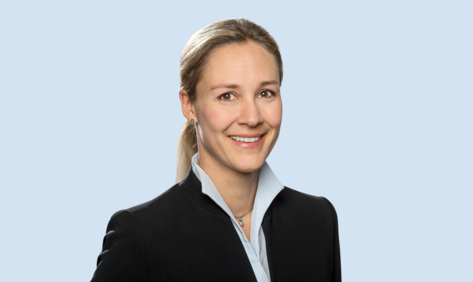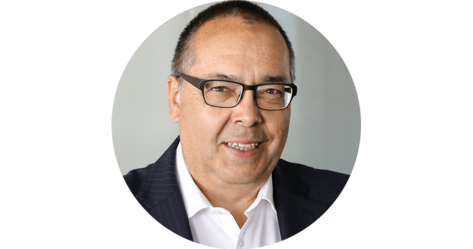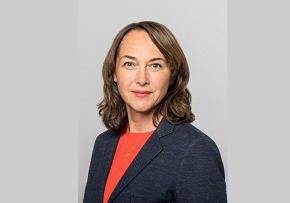-
Zukunft³
- 03. May 2021
- 14:00 - 15:30
- Zoom
-
Prof. Dr. Claudia Peus
TUM Institute for LifeLong LearningDr. Kristin Knipfer
TUM Institute for Life Long LearningProf. Dr. Tina Seidel
TUM School of EducationProf. Dr. Helmut Krcmar
TUM Campus Heilbronn
Review „Zukunft³“: Technology and people in focus

Prof. Dr. Claudia Peus 
Prof. Dr. Helmut Krcmar 
Prof. Dr. Tina Seidel What does the future of leadership, work and learning look like? Three renowned experts from the Technical University of Munich discussed these questions at the “Zukunft³” event on May 3, 2021, as part of the year-long TUM Learning Festival 2021.
Each of the scientists brought three theses to the event that was moderated by Dr. Kristin Knipfer, Executive Director TUM Institute for LifeLong Learning. "Our panelists drew exciting and lively pictures of what collaboration and togetherness could look like in the future," Kristin Knipfer sums up. "I find it particularly important to point out that, despite technological progress, the focus is on people: What are their basic needs? How can I properly consider these as a manager in a digital working environment? Fundamental here is a willingness to engage in lifelong learning."
Prof. Dr. Helmut Krcmar addressed the question of how the digital transformation is changing our working world, in his three theses. "New ways of working" require, according to the expert, a so-called "design mindset": The competence and desire to actively shape the future. "In many areas of work, we are no longer capable of working without the use of artificial intelligence," he argues.
Prof. Dr. Claudia Peus, Founding Director of the TUM Institute for LifeLong Learning, brought with her three theses on the future of leadership: Leaders need, for instance, technological knowledge. They have to master the ABCs of technology trends and be able to assess what they imply for business models and processes. Continuous, research-based training is therefore essential for decision-makers. Leadership of the future must furthermore be ever more oriented toward values. This requires continuous and critical self-reflection and examination of one's own moral standards.
Prof. Dr. Tina Seidel looked at the future of learning. Teachers are no longer the only ones who provide access to knowledge, but as experts, they are important supporters who motivate, structure and professionally plan learning.
"2050 is closer than 1990, the future is closer to us than the past." Kristin Knipfer closed the discussion with this thought provoking statement, once again emphasizing the role of research: "Science must not only comment or criticize, it must also be visionary. Let's actively shape the future with lifelong learning!"